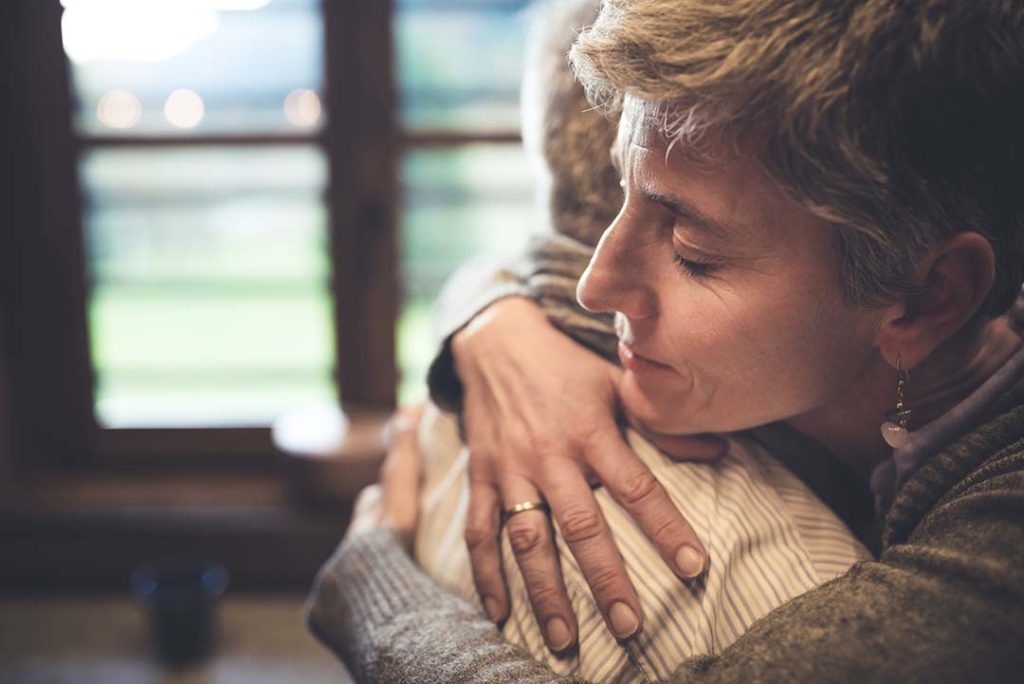Mood disorders, such as bipolar disorder and depression, affect roughly 20.9 million American adults, according to the National Institute of Mental Health. An estimated 21.4 percent of U.S. adults will experience a mood disorder at some point in their lives.
People experiencing a mood disorder may exhibit symptoms of mania: heightened mood, decreased need for sleep, irritability or aggression. They may show signs of depression: loss of energy, pessimism, social withdrawal or recurring thoughts of suicide.
It can be difficult for friends and family of a person living with a mood disorder to watch their loved one grapple with challenging symptoms. If you love someone who lives with a mood disorder, you may be feeling helpless, overwhelmed, confused, and hopeless—or you may feel hurt, angry, frustrated, and resentful. You may also have feelings of guilt, shame and isolation, or feelings of sadness, exhaustion, and fear. All of these feelings are normal.
Fortunately, there are resources available to help you as you navigate life with your loved one experiencing a mood disorder.



